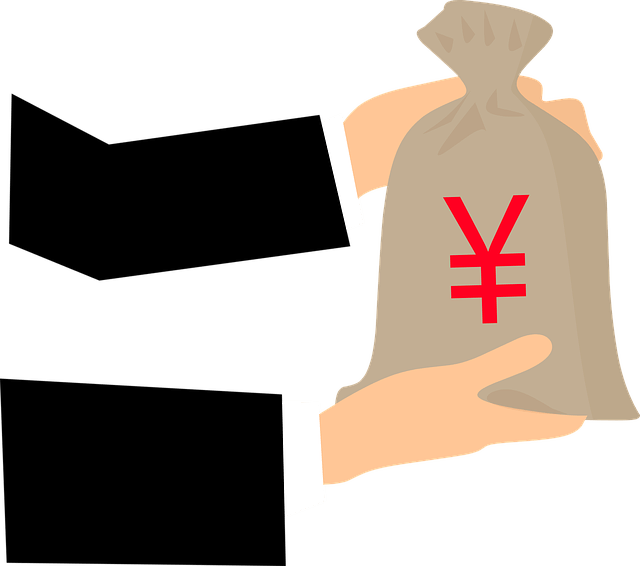
Given Hong Kong’s unique status as a significant international financial center, interesting concerns concerning the viability of yuan use in transactions are brought up. The dynamics and ramifications of yuan integration into Hong Kong’s economic environment are examined in this article. By reviewing historical backgrounds, legal structures, and public attitudes, we hope to thoroughly assess the viability and possible consequences of yuan integration in Hong Kong. Learn about using yuan in Hong Kong and how yuan-breakthrough.com automated bot can streamline currency management.
What the Yuan Means in Hong Kong
Hong Kong’s economic climate has undergone dramatic shifts, particularly regarding its currency—specifically, China’s Yuan (CNY). Although Hong Kong dollars were previously the primary form of legal cash in Hong Kong, more and more businesses, including banks, trading firms, and investors, now utilize CNY as part of their financial systems—banking operations are using CNY alongside traditional cash.
One factor contributing to Hong Kong’s growing yuan usage is the establishment of offshore yuan hubs. These centers facilitate transactions using yuan by offering financial services and goods directly to individuals and businesses. They serve both Hong Kong trade with mainland China and provide an entryway for international companies into the Chinese market.
However, barriers still impede Hong Kong’s complete integration of the yuan into its financial sector. One challenge in managing exchange rate risks arises from fluctuating exchange rates between Hong Kong dollars and yuan that impact transaction costs or pose economic risks to businesses. Furthermore, knowing your customer requirements, such as KYC/AML, makes dealing in yuan transactions even more complex in Hong Kong.
Hong Kong’s use of yuan is changing due to the region’s strengthening economic relations with China’s mainland. Despite ongoing difficulties, the expansion of the yuan into Hong Kong’s financial system is a symbol of the region’s increasing significance as a worldwide financial center.
Exchange and Conversion of Currency
Currency conversion and exchange are essential to making the yuan usable in Hong Kong; for people and organizations, converting between the Hong Kong dollar and the yuan has become more convenient with the availability of currency exchange services, both online and in physical locations. The conversion process is influenced by market demand, transaction costs, and exchange rates, emphasizing the significance of financial literacy and strategic planning.
Digital payment platform integration has significantly streamlined currency conversion, facilitating yuan transactions for individuals and enterprises. In addition to improving yuan transaction accessibility, this digital transformation has improved Hong Kong’s financial system’s overall effectiveness.
The procedure of exchanging and converting currencies still needs to be improved. Changes in exchange rates can affect transaction costs, putting people and companies at financial risk. The legal framework, which includes adhering to KYC and AML guidelines, further complicates currency exchange in Hong Kong.
To sum up, converting and exchanging currencies is essential to using the yuan in Hong Kong. The expansion of yuan transactions in the area is aided by the growing accessibility of currency exchange services and the digitization of financial operations, notwithstanding certain obstacles.
Financial and Business Consequences
There are significant ramifications for businesses and financial institutions operating in the region from using the yuan in Hong Kong. Accepting yuan can give companies involved in cross-border trade with mainland China a competitive edge by improving market access and lowering transaction costs. Meanwhile, financial institutions can increase their clientele and revenue streams by exploiting the rising demand for goods and services denominated in yuan.
Nonetheless, handling the complexities of yuan transactions requires a thorough understanding of regulatory limitations and market dynamics. Businesses need to have strong risk management strategies and take into account how fluctuations in exchange rates may impact their financial performance in order to lower these risks.
The usage of the yuan presents opportunities as well as difficulties for businesses and financial institutions in Hong Kong. By being aware of the implications of yuan transactions and taking proactive steps, businesses can position themselves to gain from the yuan’s growing relevance in Hong Kong’s financial environment.
The Regulatory Environment and Law
A pivotal element influencing the yuan’s assimilation into Hong Kong’s regional economy is the legal and regulatory framework for its application. The Hong Kong Monetary Authority is responsible for overseeing the management of currency operations and making sure that regulations are followed (HKMA). Companies that have connections to Yuan should follow AML and KYC guidelines to protect themselves from financial fraud.
Furthermore, the yuan’s legal status—including its adoption as legal money—is governed by Hong Kong’s currency laws and monetary policies. Therefore, businesses and people need to be informed about regulatory changes and seek competent assistance in order to navigate the continuously changing regulatory landscape.
Wrapping Up
In conclusion, the legal system and regulatory environment are crucial in enabling yuan use in Hong Kong. Both individuals and enterprises can successfully handle the complexity of yuan transactions and contribute to the region’s developing financial integration with mainland China by adhering to regulatory standards and maintaining updates about legislative developments.



